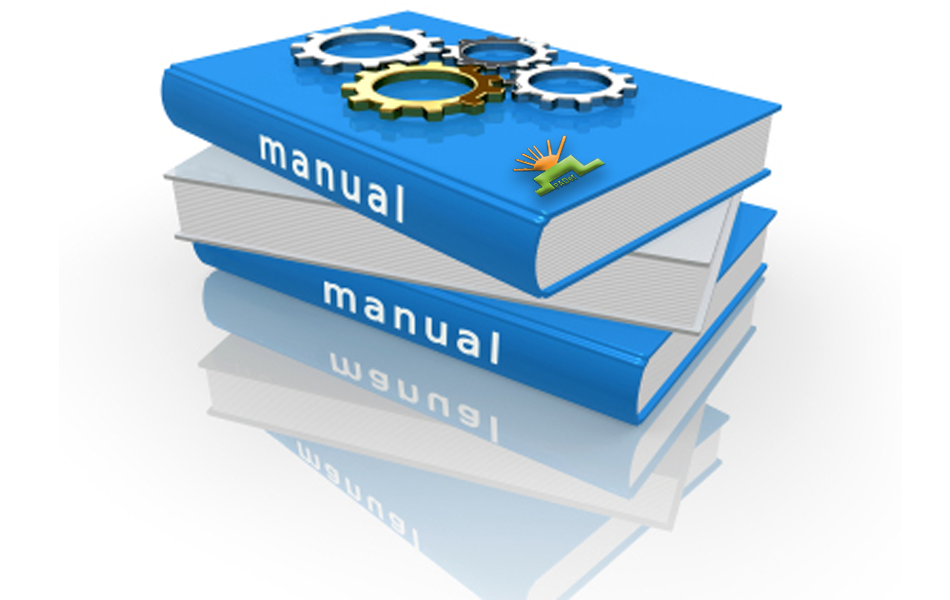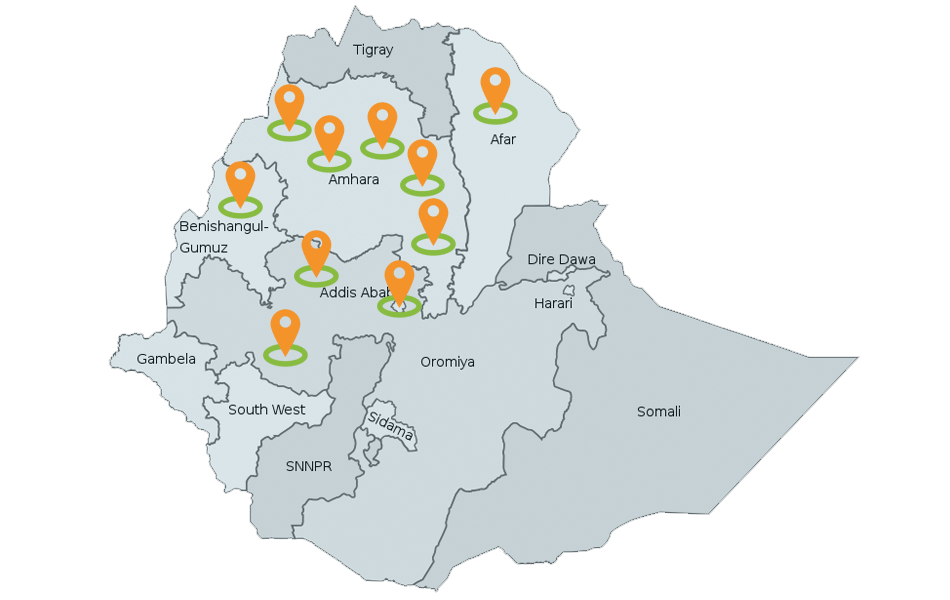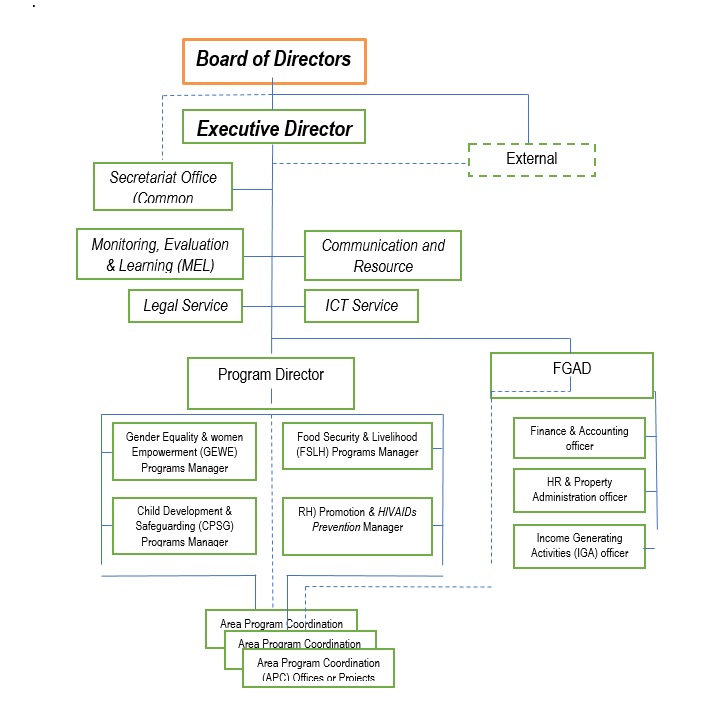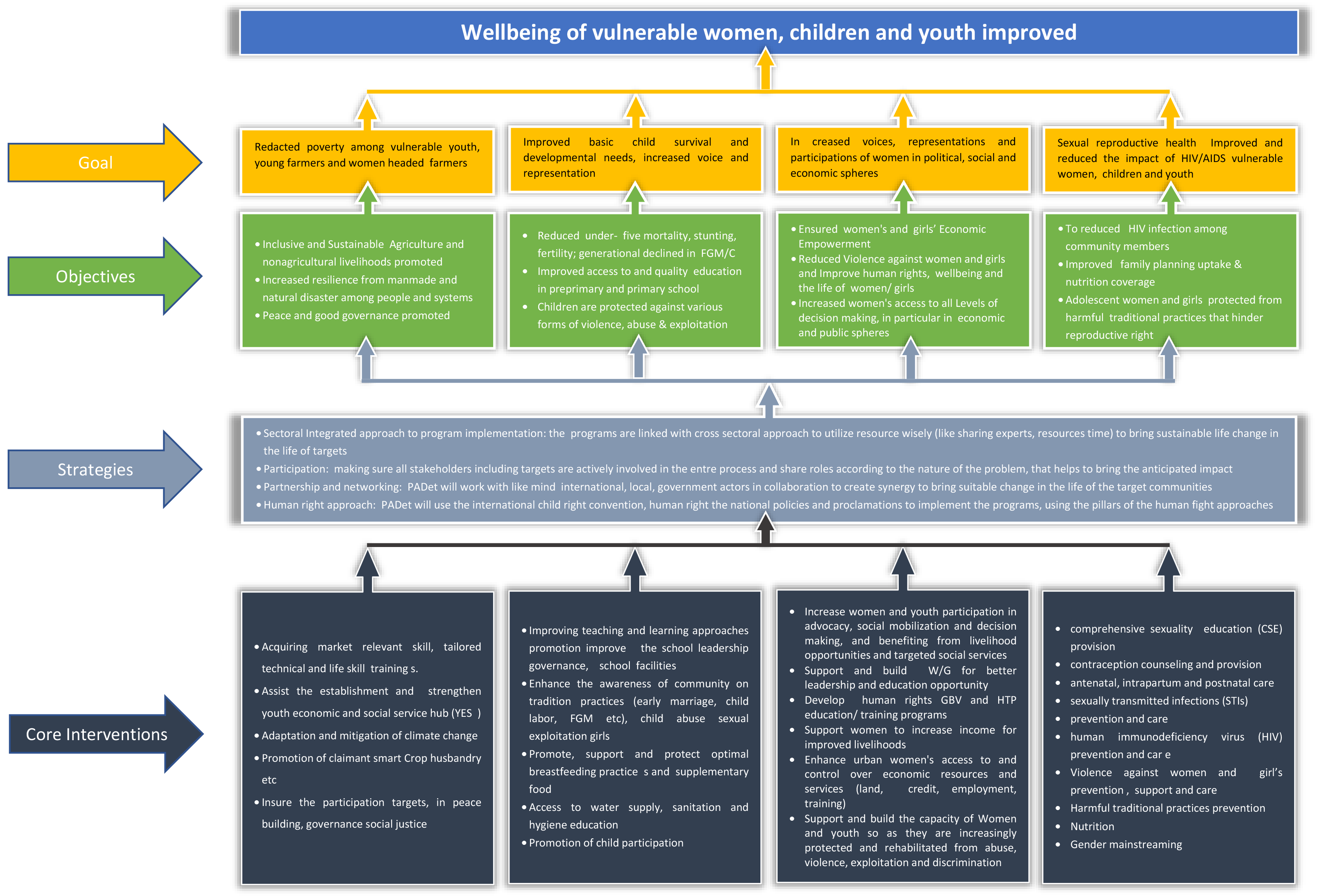About
About Us
Vision
PADet envisions a transformed society where children, young people, and women live better and more secure lives.
Mission
Support vulnerable children, women and young people in their effort to improve their wellbeing through the delivery of integrated, sustainable and quality programs on sexual reproductive health, prevention of HIV/AIDS, child protection and development, gender equality and women empowerment, food security/livelihood promotion and better migration management.
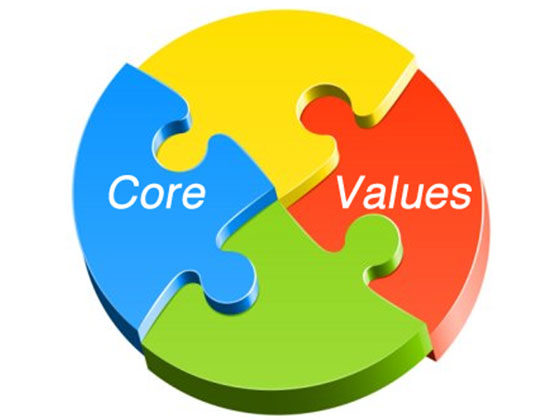
Values
Integrity: Upholding the principles of honesty, responsibility, setting a good example and maintaining the highest ethical standards possible.
Courage of conviction: This is a pledge to fight against poverty and hunger. Therefore, PADet always sides with the poorest and disadvantaged people, helping them bring about positive changes in their life.
Accountability: This embraces PADet’s ongoing commitment to account for its actions, to respond periodically to questions concerning its activities or answer to those who will be affected by our decisions or actions.
Transparency: This requires PADet to take decisions and implement them in a manner that follows rules and regulations.
Impartiality and equity: These imply providing equal opportunity to all. Thus, no discrimination whatsoever.
Program Implementation Strategies
The following are our implementation strategies as stipulated in our strategic plan [2020-2024]:
- Human rights-based approaches [ HRBAs]
- An integrated approach to program implementation
- Conducting studies/action research and use for better planning
- Valuing and recognizing indigenous knowledge and wisdom
- Participation and community mobilization
- Capacity Building
- Partnership development, networking, and resource mobilization
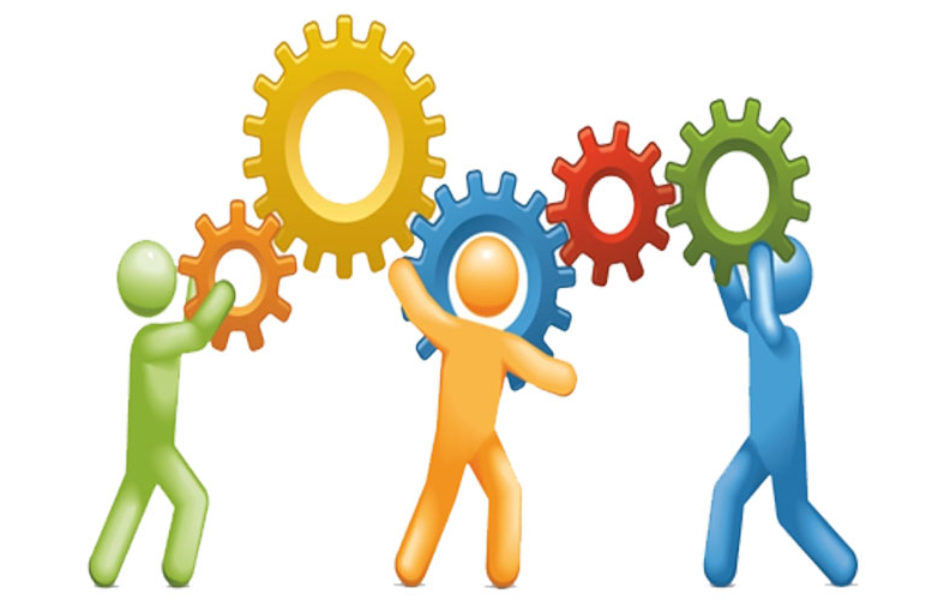
Coordination Offices
PADet practices participatory development approach where stakeholders fully take part in the development process. It has adapted a decentralized system of management where the operation areas are independent to manage the project portfolios.
The offices also have well-trained workers (F=28%) and are furnished with the essential office amenities. The ongoing initiatives are presently coordinated and supported by nine field coordinating offices, which are shown below:
- Oromia region – Muketuri, North Shoa and Kersa, Jimma Zone
- Amhara region:
- Dessie, South Wollo Zone
- Woldiya, North Wollo Zone
- Addis Kidame, Awi Zone
- Bahir Dar Town, West Gojjam Zone and
- Ankober, North Shoa Zone
- Afar regional state – Semera Town
- Addis Ababa City Administration – Kolfe Keraneyo Sub City
- Benishangul gumuz– Metekel zone – not active now
Governance and Leadership
In terms of administration, PADet is run by a board, a high-level decision-making body that meets on a quarterly basis. The board, which is made up of five members (two women and three men) and meets four times a year in addition to special sessions as necessary, offers strategic direction.
The Executive Director, who reports to the board and is in charge of carrying out the organization’s daily operations, is assisted by the management team, which is made up of the Administration and Finance Manager and the Program Director.
The program director oversees the technical team, which also includes program managers, branch managers, project coordinators, project officers, MEAL officers, etc. The technical team is in charge of developing and implementing programs and projects.
The admin and finance unit is headed by an admin and finance manager, and it consists of personnel officers, admin assistants, accountants, cashiers, drivers, and other staff members who are in charge of managing and administering the staff, properties, and other logistics and finances. The program director and finance and admin manager reports to the Executive Director.
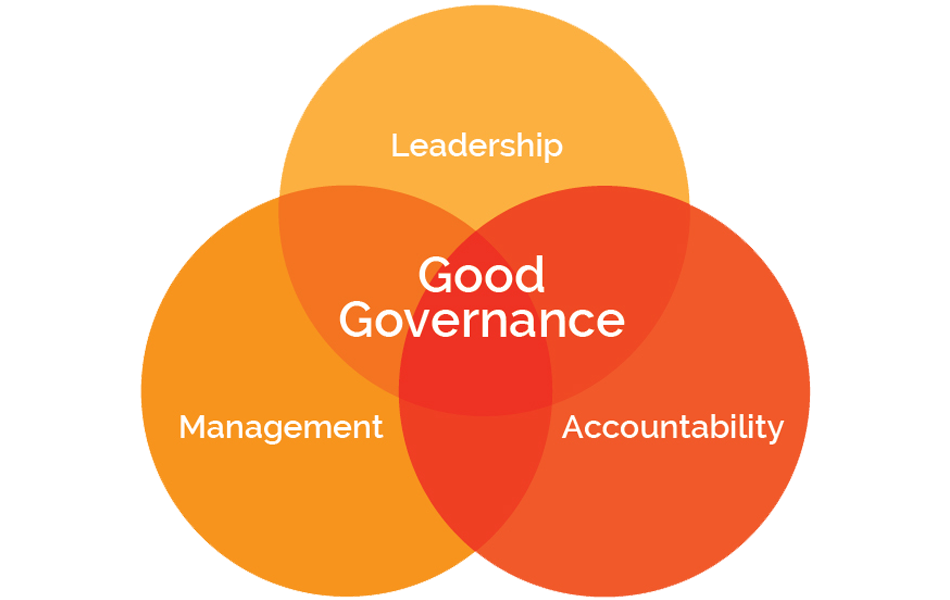
Staffing structure (full time, part-time and volunteers)
- The organization is gradually increasing the size, diversity, and capacity of its workforce. There are now 101[F=28] full-time employees. Of these, 50.9% have first or second degrees (with backgrounds in social work, sociology, ICT, management, nursing, gender studies, agriculture, and other social sciences, as well as accounting), while the remaining 50.1% hold diplomas and certificates.
- Currently, PADet have more than 200 volunteers —both local and foreign—support PADet’s project implementation.
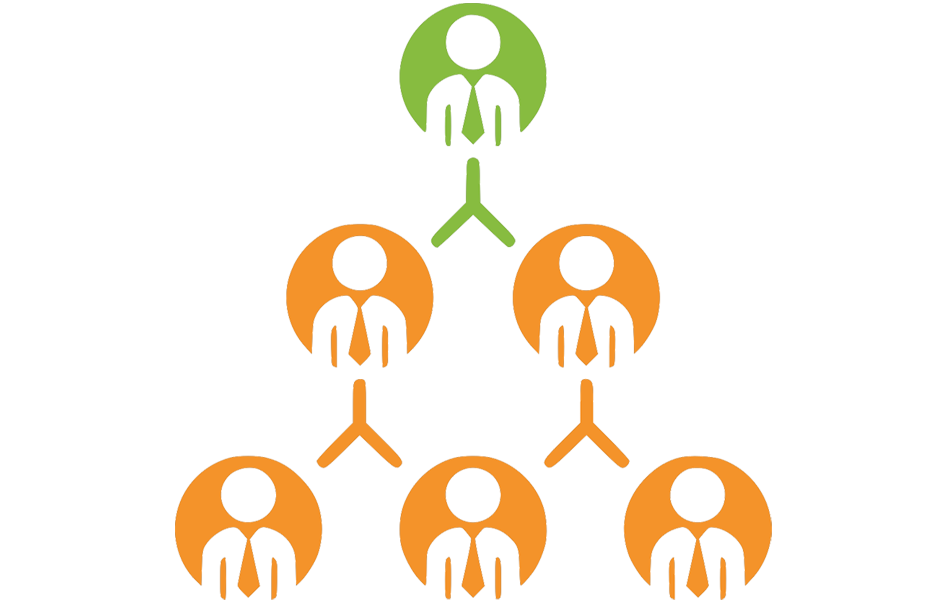

Collaboration and Networking
PADet participates in a number of regional and national networks and consortiums, the most significant of which include the Non State Actors Coalition, United Religion Initiative, which is affiliated with international interfaith peace building initiatives, the Consortium of Reproductive Health (CORHA), the Population, Health and Environment (PHE), and the Consortium of Christian Relief and Development Association (CCRDA).
Working manuals and guidelines
PADet tried to create guiding manuals and SOPs to ensure that operations are run according to standards. These manuals include the financial manual, M&E manual, Human resource manual, procurement manual, common cost allocation principle, Cost share manual, property handling procedure manual, Child safeguarding policy, resource mobilization strategy, Bylaw, Gender and disability inclusive policy, Sexual Harassment, Exploitation, Abuse (SHEA) other safeguarding overreaching manual and Anti-fraud and corruption manual, etc.
